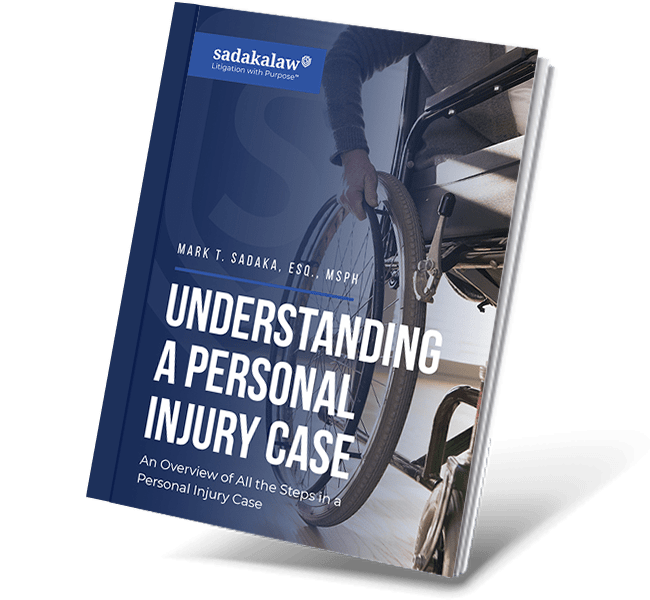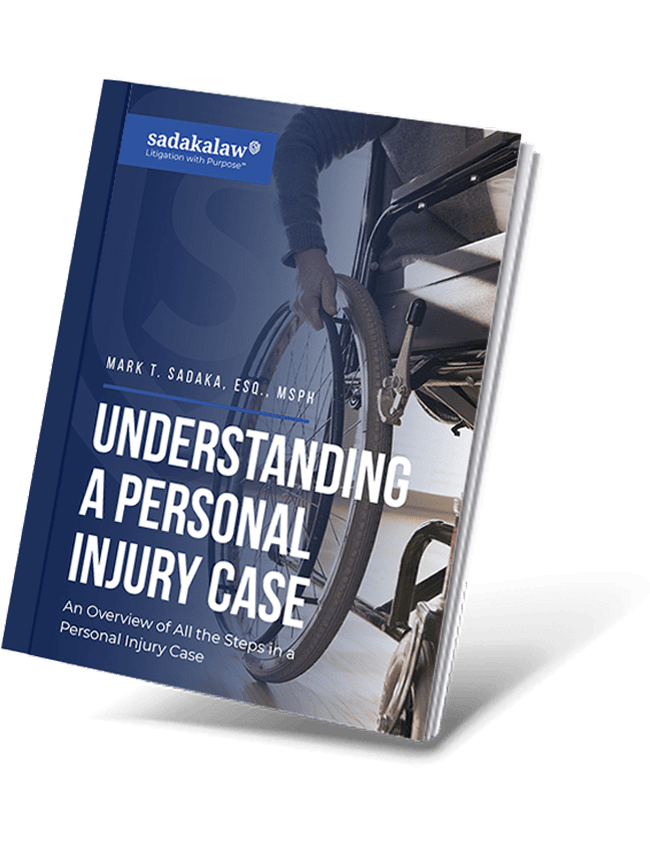
Keeping pesticides out of our food supply is an ongoing battle. The recent Roundup lawsuits have caused a sharp decline in the share price of Monsanto’s parent company, Bayer. The prospect of tens of billions of dollars of potential liability looms large in investors’ consciousness as the corporation has not fared well in several lawsuits arising from the use of the weed killer. So long as thousands of lawsuits against the company remain outstanding, the company’s shares will remain out of favor on Wall Street. As a result, there have been strong indications that Monsanto has every interest to settle the open cases against it. Recently, it was reported that the company made such an offer to plaintiffs’ attorneys. However, the federal mediator assigned to the case has strongly denied the report, calling it a “fiction.”
Lawsuits have alleged that those who have used the weed killer Roundup have contracted non-Hodgkin’s lymphoma. There has been intense debate as to whether the active ingredient in Roundup, glyphosate, is a carcinogen. One one hand, the World Health Organization claims that glyphosate is “probably” linked to cases of cancer. The EPA has expressed a conflicting view, citing scientific studies that deny the linkage between glyphosate and cancer. Of course, the current Administration has routinely sided with businesses when it comes to issues of product safety.
For Monsanto, one of the major problems is that the scientific knowledge that would argue in its favor was bought and paid for by the company. Monsanto hired scientists to put their name to research studies compiled by the company. This was Monsanto’s attempt to influence the scientific debate. Monsanto also took other steps to put its finger on the scale in the scientific community’s consideration of this question.
For juries, this bias has been a problem to which they have reacted viscerally. In a series of lawsuits that went to trial in state court in California, the company was handed astounding losses. The first verdict was handed down in the case of a man who suffered from terminal cancer after long-term use of Roundup. The plaintiff had even gone as far to write to the company expressing his safety concerns only to be ignored. A jury handed down a $289 million verdict against the company, expressing its displeasure about the corporate wrongdoing. Even after a trial judge reduced the verdict, the plaintiff was still awarded nearly $80 million.
This was the first in a series of lawsuits that the company lost. Now, there are still more cases to be heard in state court as well as a federal multidistrict litigation. In total, there are over 18,000 cases against the company, with potentially more to follow. The company’s share price has suffered dramatically from the lawsuits as the total market value of Bayer is now less than what it paid to acquire Monsanto. There have been estimates that the litigation has taken nearly $20 billion away from the market capitalization of Bayer. Accordingly, the company has come under heavy pressure from the financial markets to take steps to stop the bleeding.
In late July, Bayer CEO Werner Baumann made comments about the possibility of settling the federal lawsuits. At the time, he said that the company would consider settling with the plaintiffs on reasonable terms. He also said that the company was engaging with the federal mediator assigned to the case.
Shortly thereafter, reports emerged that Monsanto had offered to settle the federal claims against it for a total of $8 billion. The same reports stated that plaintiffs’ attorneys were holding out for a total settlement of at least $10 billion. The media report sent the shares of Bayer surging for several reasons. The main explanation was that the settlement would lend some finality to the company which has been facing substantial risk since it lost the first case back in 2018. The second reason was that $8 billion was less than the estimate of total liability that the company faces. The news report was strenuously denied by the federal mediator with whom the parties have been engaging. Since the report came out, there have been no further news accounts of settlement negotiations although the parties have indicated that they are engaging and perhaps talking to each other.
For Bayer, while there is every incentive to settle this case, some significant problems would still remain even if the federal litigation went away. The federal cases are only part of the outstanding litigation against the company. The bulk of the lawsuits are in state court, and are not the subject of settlement negotiations. The first cases that resulted in the massive jury verdicts were all in state courts, and these juries have shown more of a propensity to hit Monsanto with high punitive damages for its conduct. In addition, the company would have to put a warning label on the product in order to cut off future lawsuits after a settlement. This would severely impact sales of the product. While Germany is set to ban Roundup, there is no sign that the U.S. will take any action and the public relations impact of a settlement will also hurt the company in the long term.
In the meantime, Monsanto and the plaintiffs remain in mediation in an attempt to reach a solution. The state jury verdicts from California are currently on appeal. Currently, the first verdict is at the appeals court as the plaintiff wants the $289 million verdict reinstated, and the company is trying to have it tossed out in its entirety. New cases are set to go to trial in the latter part of 2019.
Learn more about Hazardous Chemical Lawsuits.


